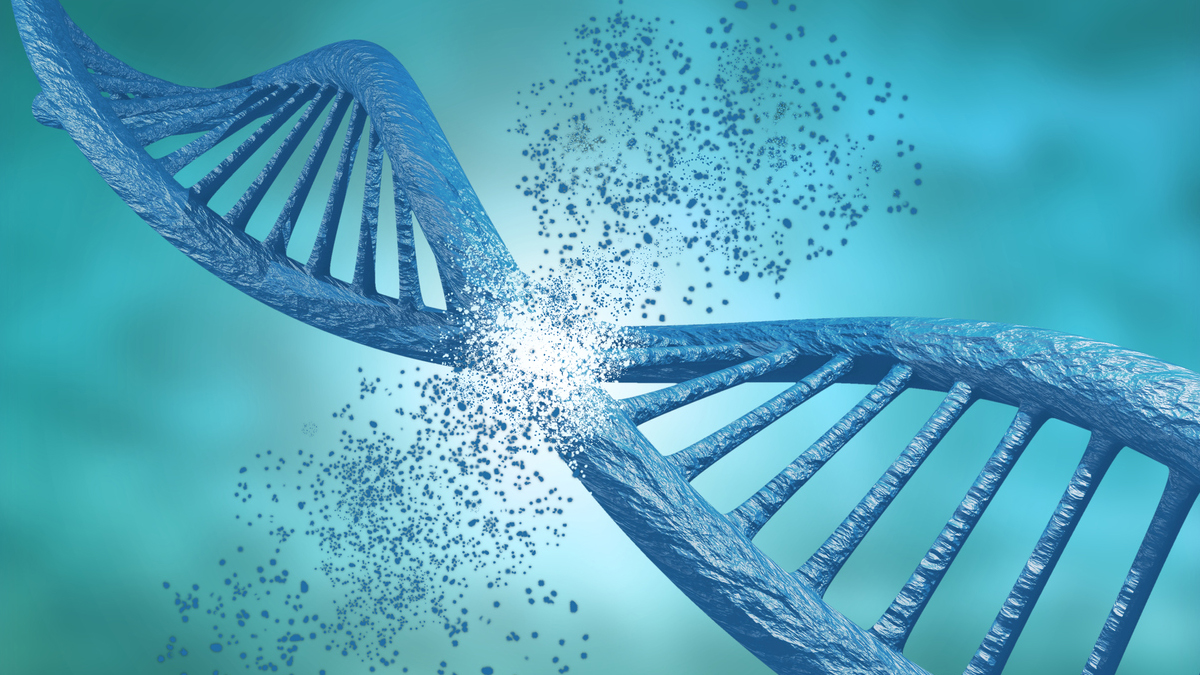UCB revs up its gene therapy drive with Handl acquisition

UCB has made a new foray into the gene therapy space, buying fellow Belgium-based company Handl to get control of its adeno-associated virus (AAV) capsid delivery platform and two research programmes in neurodegenerative diseases.
The mid-sized pharma group has also signed a collaboration with Florida, US-based Lacerta Therapeutics, adding more AAV capsids – well established as a staple for delivering gene therapy sequences – as well as another gene therapy candidate.
Like many other pharma companies, UCB has been building a presence in gene therapy as the sector gathers momentum with more therapies getting regulatory approval.
The company says that is part of a shifting focus from “symptomatic treatments to disease modification and eventually towards a cure.”
In 2018, it bought Element Genomics – a spin-out of Duke University in the US – to add genome-editing technologies, and has also been growing its internal exercise at its Boston R&D hub, although so far it hasn’t advanced and gene therapies into clinical development.
Earlier this year, UCB also bought a 47-acre UK R&D campus from Eli Lilly, saying it intends to develop it as a hub for R&D in “gene therapies, translational medicine and antibody discovery.”
It is also in the process of constructing a €300 million biological manufacturing facility at its site in Braine l’Alleud, Belgium, to ensure the supply of medicines in clinical development.
“A vast array of diseases are amenable to gene therapy and UCB is embracing this modality to expand its capabilities and ultimately transform the lives of patients with severe diseases,” said the company in a statement.
It added that AAV-mediated gene therapy can “drive a fundamental change in how diseases are treated with the ability to remove or add disease-related proteins with a single treatment.”
Leuven-based Handl was formed last year by Prof Michael Linden – formerly vice president of gene therapy at Pfizer – and Florent Gros, who has held executive positions at Nestlé, Pasteur Merieux Connaught and Novartis.
Handl’s technology portfolio stems from licensing deals with Prof Linden’s former employer King’s College London, as well as Belgium’s KU Leuven, the Centre for Applied Medical Research in Spain, and the University of Chile.
UCB hasn’t revealed how much it is paying for Handl, or indeed the terms of its alliance with Lacerta, a University of Florida spin-out which also focuses on central nervous system diseases and will contribute research and manufacturing expertise.
Handl has also tapped into the development and manufacturing capabilities at Novasep, a contract manufacturing organisation (CMO) also based in Belgium.
Under the terms of that agreement, Novasep will develop and manufacture AAV vectors and supply drug substances to support Handl’s preclinical and clinical studies.












